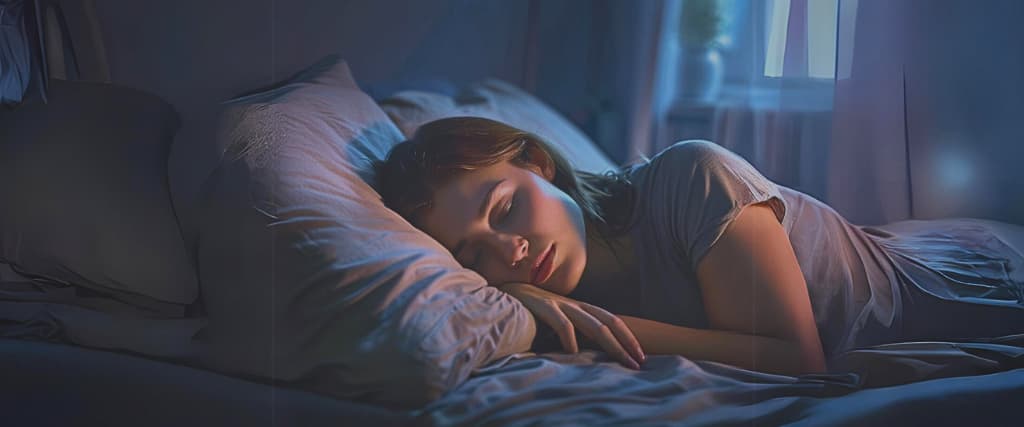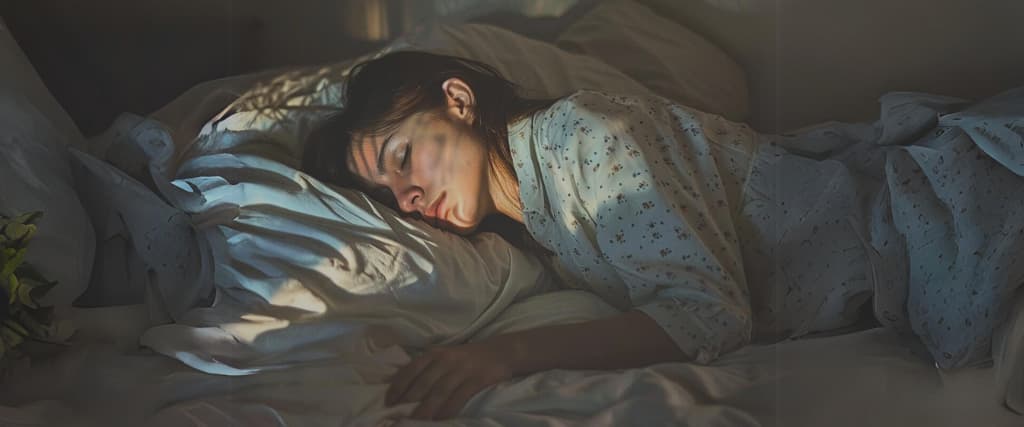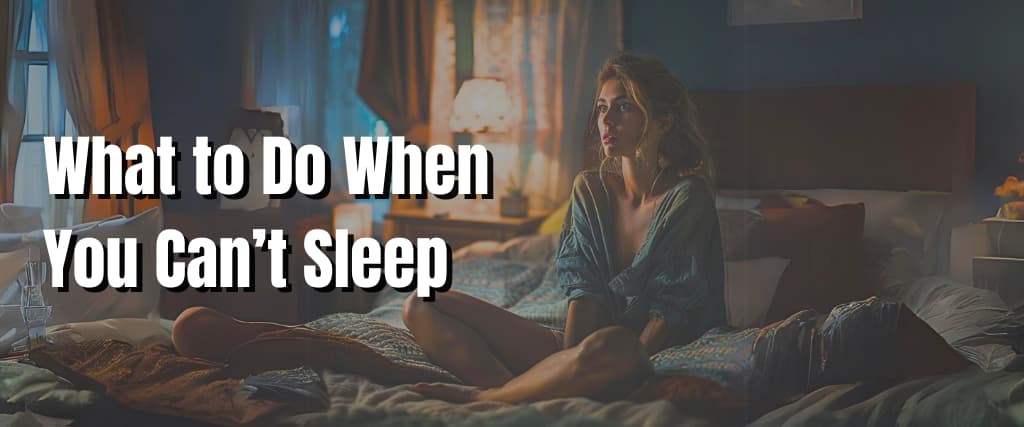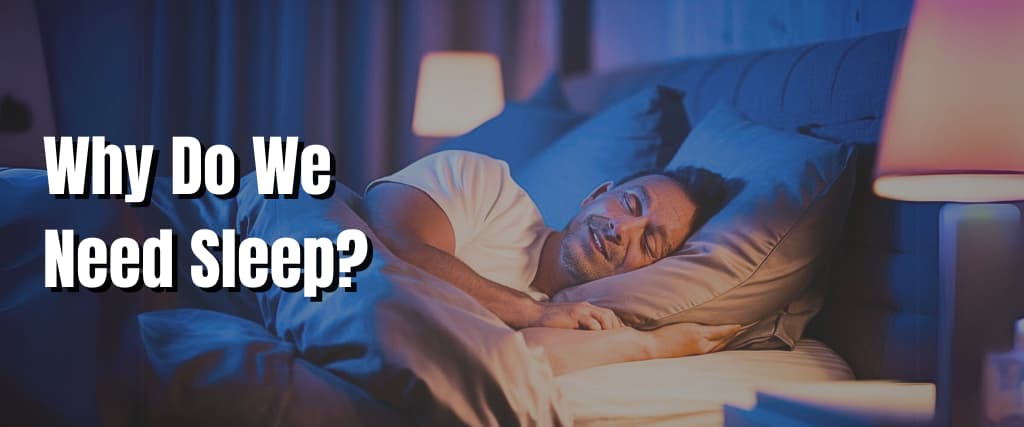Sleep is known to be pretty important to our mental and physical health. Unfortunately, a significant percentage of people find themselves often deprived of quality sleep and thus are quite sleepy during the day.
Although there are different types of sleeping problems and there is a wide range of causes, experts recommend a handful of steps that can promote more relaxing sleep. Some organizations that recommend the same tips for a relaxing sleep include the National Institute of Health, the CDC, and American Academy of Family Physicians, and the CDC.

Keep in mind if you are trying to implement these strategies, it can be overwhelming. But beginning with small changes, you can work your way up towards achieving healthier sleeping habits.
We have broken the sleep hygiene improvements into four groups to make them more attainable.
- Creating an Ideal Bedroom Setting
- Improving Your Sleep Routine
- Creating a Routine Before Bed
- Adopting Pro-Sleep Routines During the Day
Each group provides specific actions that can make it peaceful to sleep, stay asleep, and wake up relaxed.
Creating an Ideal Bedroom Setting

One of the crucial tips that can help you fall asleep fast and peacefully is making your bedroom a setting more comfortable and relaxing. Even though this might seem obvious, it is always overlooked, making it hard to fall asleep or sleeping through the night.
While crafting your sleep environment, concentrate on reducing distractions and improving comfort using these tips.
Sleep on A High-Performance Mattress and Pillow: To make sure you are comfortable enough to relax, having a quality mattress is a must. Complement it with the right pillow to make sure you avoid pain and aches.
Select Quality Bedding: The blankets and sheets you choose for your bed play a significant role in making your bed feel inviting. Use bedding that is comfortable to the touch and will maintain the perfect temperature during the night.
Avoid Disruption From The Light: Excess light can affect your circadian rhythm and make it difficult to sleep. Use curtains to cover your window or a sleep mask to cover your eyes so that you can block the light and prevent it from interfering with your sleep.

Cultivate Peace And Quiet: Ensuring you keep noise to a minimum is essential in building a positive bedroom environment. If it is impossible to eliminate nearby noise sources, consider using a white machine or fan to drown the noise out. You can also use earplugs headphones to stop abrasive sounds bothering you when you want to sleep.
Set Standard Temperature: The last thing you want is your bedroom temperature being a distraction by feeling too cold or too hot. The ideal temperature differs from one person to the next, but most research encourages resting in a room that is about 65 degrees.
Introduce Pleasant Fragrances: A light aroma that you find relaxing can help ease you into sleep. Essential oils with natural fragrances, like live lavender, can provide a calming and fresh scent for your sleeping quarters.
Improving Your Sleep Routine

Being in control of your everyday sleep routine is the right step towards getting better sleep. To begin making your schedule work for your benefit, make an effort to apply these techniques.
Set a Fixed Wake-Up Time: If you frequently wake up at different times, your body can’t get familiar with a healthy sleep routine. Set a wake-up time and abide by it even on days you are tempted to sleep in and on weekends.
Allocate Time for Sleep: Ensure that you are getting the recommended amount of sleep each night. It would be best if you allocated that time into your schedule. Acknowledging your fixed wake-up time, work backward to identify the best time to go to bed. If possible, spare some time to wind down and get ready for sleep.
Be Cautious With Naps: To have a good night’s sleep, you need to be careful with naps. If you take long naps or nap late in the evening, it can affect your sleep schedule and make it impossible to sleep when you want to. Take your nap shortly after lunch in early afternoons, and make sure it lasts for about 20 min.
Make Adjustment On Your Routine Gradually: In case you need to make changes in your sleep routine, it is ideal to make adjustments gradually and over time with a difference at the most 1-2 hours per night. This is important as it allows the body to adjust to the changes and makes the new routine more sustainable.
Creating a Routine before Bed

It is quite simple to think that the problem begins when you lie down in bed if you have difficulty falling asleep. The lead time to bed plays a significant role in preparing and falling asleep smoothly and fast.
The main contributors to sleep-related problems and insomnia are poor pre-bedtime habits. It takes a significant amount of time to change these habits, but the effort can pay off by ensuring you are more relaxed and ready to sleep when it is time to sleep.
Try to come up with a routine that you can follow each night because it helps reinforce healthy habits and signals the mind and body it is time to sleep. Add these three crucial tips to your routine:
Wind down for 30 Minutes: Sleep comes naturally if you are comfortable. Listening to soothing music, reading quietly, doing relaxation exercises, and low impact stretching are activities you can engage in to get into the right mood for sleep.

Reduce the Lights: Little light can make it easy to transition to bedtime. This is because it aids the body in the production of melatonin, a sleep-promoting hormone.
Disconnect From Devices: The light from laptops, tablets, and cell phones can suppress sleep melatonin production. This, in turn, makes our brain wired, making it challenging to wind down. Try as much as possible to avoid using these devices 30 minutes before bedtime.
Adapting Pro-Sleep Routines During the Day

To enjoy quality sleep is an all-day affair. Here are a few steps that you can incorporate during the day so that you can have a restful and peaceful night.
See the Light of Day: The regulation of our internal clocks is by light exposure. The strongest effect comes from sunlight, to take in daylight, get outside or open up windows or blinds. Receiving a dose of daylight early in the morning can play a great part in normalizing the circadian rhythm. Talk to your specialist about using a light therapy box if natural light isn’t an option.
Spare Time to Exercise: Daily exercise offers numerous health benefits, and the changes it brings in energy use and body temperature can promote solid sleep. However, most experts’ advice against intense exercise before bedtime as it may be difficult to settle down before sleep.
Observe Your Caffeine Intake: The most popular beverages around the world are caffeinated drinks like tea, soda, and coffee. Few people are tempted to use the energy from caffeine to try to overcome daytime sleepiness. However, the tactic is not sustainable as it can result in long-term sleep deficiency. To be ahead of this, regulate your caffeine intake and avoid taking it before bed as it can be a hurdle to falling asleep.
Be Mindful of Alcohol: Although some people are profound about a nightcap before bed, alcohol can induce drowsiness. Alcohol can also affect the brain in ways that can lower sleep; because of this, it is appropriate to avoid alcohol in the hours before bedtime.
Avoid Eating Too Late: You can experience trouble sleeping if your body is still digesting dinner. To keep food-based disruptions to a minimum, try to avoid spicy foods or late dinners. However, if you require an evening snack, choose something healthy and light.
Avoid Smoking: Smoking or exposure to secondhand smoke has been linked to some sleeping problems, including fragmented sleep and trouble in falling asleep.
Ensure Your Bed is For Sex and Sleep Only: If you own a comfortable bed, you might be tempted to hang out there and do all kinds of activities. Unfortunately, this can result in problems at bedtime. Keep activities in your bed strictly to sex and sleep if you need a strong mental association between your bed and sleep.
If You Can’t Fall Asleep

If you experience difficulty falling asleep after getting to bed or after waking up in the middle of the night, here are a few tips to help you drift to sleep.
Try Relaxation Techniques: When you can’t fall asleep, put your focus on trying to relax. Mindfulness meditation, controlled breathing, guided imagery, and progressive muscle relaxation are relaxation techniques that can assist you to sleep with ease.
Don’t Stew in Bed: It is important to avoid any connection in your mind between your bed and any frustration from sleeplessness. This means if you are unable to sleep for 20 minutes while in bed, move out of bed and engage in something relaxing in faint light. During this entire time, avoid checking the watch. Also try not to think of sleep at least a few minutes before returning to bed.
Experiment with Different Methods: Sleeping disorders are complex, and a technique that works for one person may not work for another. Due to this, try out several methods to determine which works for you. Keep in mind that it takes time for a new technique to begin working, so give your changes time to kick in before presuming that nothing is working.

Have A Sleep Diary: A daily sleep journal is an ideal tool that can help you keep track of how fine you are sleeping or aid you in identifying the elements that might be hurting or depriving you of good sleep. If you are trying a new method, a sleep diary can help you keep track of how well it is working. Talk to a Doctor: A doctor is in the right position to offer the best advice to individuals suffering from sleeping problems. If you realize that your sleep complications persist, worsening and affecting your safety and health like excessive daytime sleepiness, talk to a doctor to get the right assistance.






